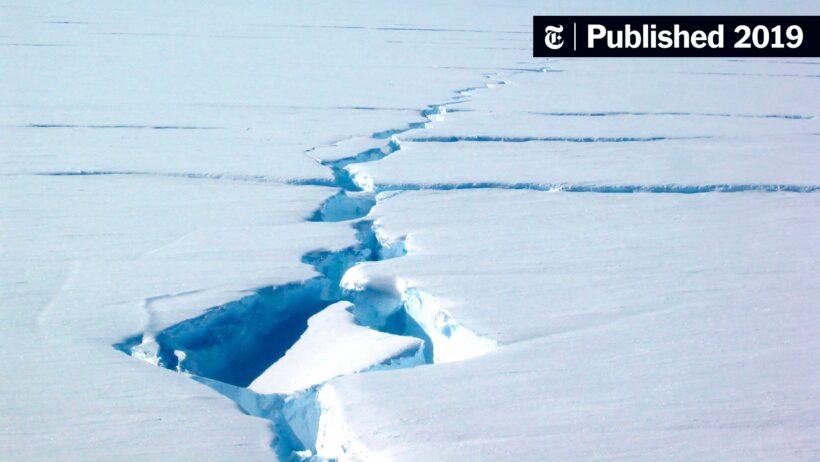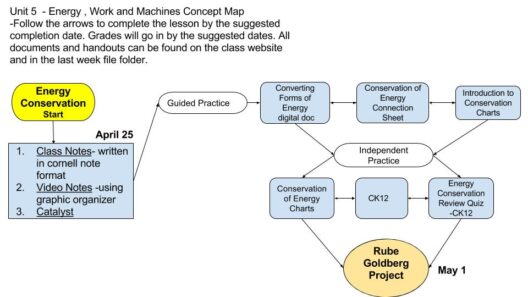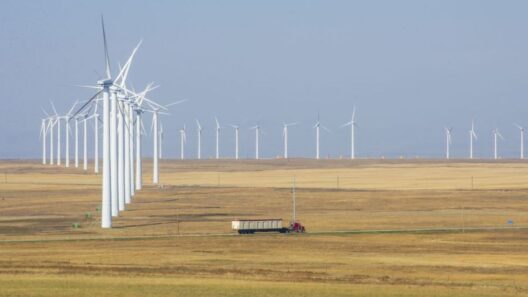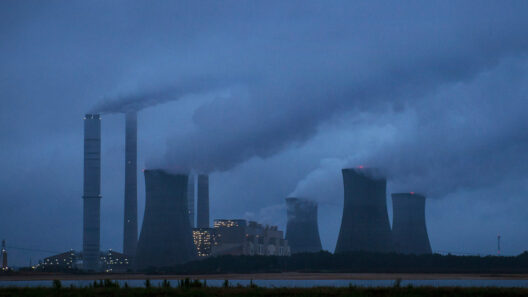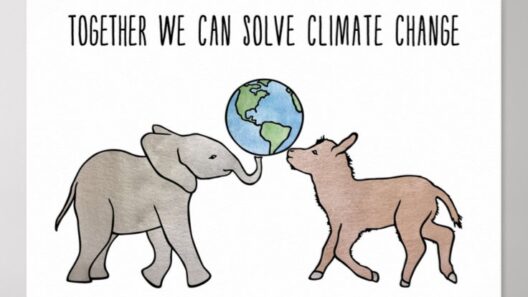Climate change, a term that has permeated global discourse, evokes a spectrum of perspectives, from fervent belief to profound skepticism. Understanding the realities of climate change necessitates an exploration of its scientific foundations, socio-economic implications, and potential solutions. This article seeks to navigate through these layers, correcting the miscommunication often surrounding this critical issue.
Defining Climate Change: A Scientific Overview
At its core, climate change refers to the long-term alterations in temperature, precipitation, wind patterns, and other elements of the earth’s climate system. While the term encompasses both natural fluctuations and anthropogenic influences, the contemporary dialogue often focuses on the latter. Human activities—primarily the burning of fossil fuels, deforestation, and intensive agriculture—have significantly augmented greenhouse gas concentrations in the atmosphere, leading to widespread environmental consequences.
The scientific consensus is irrefutable. Over 97% of climate scientists agree that climate change is real and primarily driven by human activity. Empirical data from NASA and NOAA illustrates a striking increase in global temperatures since the late 19th century. The Intergovernmental Panel on Climate Change (IPCC) forecasts continue to underscore alarming trends. If left unabated, the projected temperature rise could exceed 4°C by the end of this century, leading to catastrophic impacts on natural and human systems alike.
Understanding the Impacts: A Multi-Faceted Challenge
Climate change manifests itself through a myriad of ecological, economic, and social disruptions. Recognizing these multifaceted impacts is vital for both creating effective policies and preparing communities.
Environmental Consequences
Foremost among the ramifications is the degradation of ecosystems. Rising temperatures contribute to the loss of biodiversity, as habitats become inhospitable to native species. Coral reefs, often termed the “rainforests of the sea,” are succumbing to climate-induced bleaching events at unprecedented rates, threatening marine life and coastal economies.
Moreover, climate change exacerbates extreme weather events. Hurricanes are becoming more powerful, droughts are lengthening, and floods are more frequent. These phenomena extend beyond environmental degradation; they have dire implications for food and water security, public health, and infrastructure.
Economic Repercussions
The economic implications of climate change are profound. From the agriculture sector facing unpredictable harvests to the insurance industry grappling with escalating claims from natural disasters, the cost of inaction is staggering. The global economy risks losing trillions of dollars if substantial measures are not implemented. Investments in sustainable technologies, renewable energy, and climate-resilient infrastructure are not merely environmental considerations but economic imperatives.
Social Justice and Equity
It is essential to acknowledge that climate change is not a uniformly experienced phenomenon. Marginalized communities often bear the brunt of its impacts, experiencing heightened vulnerabilities due to limited resources and inadequate infrastructure. Climate justice advocates assert that those least responsible for emissions—typically impoverished populations—are often the first to suffer. Hence, an equitable approach to climate policy must prioritize these communities to ensure a just transition.
Correcting Misconceptions: Debunking the Myths
Despite overwhelming scientific evidence, climate change remains a contentious topic. Several prevalent misconceptions muddy the waters of informed discourse.
The Myth of Consensus: A False Dichotomy
One of the most pervasive myths is the notion that there exists significant scientific disagreement regarding the reality of climate change. This misconception often stems from a misrepresentation of scientific debate about specific models or predictions. However, the overwhelming unity within the scientific community regarding the fundamental principles of climate change contrasts starkly with the misinformation propagated by certain factions.
Short-Term Weather vs. Long-Term Climate
Another common confusion lies in the conflation of short-term weather patterns with long-term climate trends. Weather can be variable and unpredictable. Climate, on the other hand, is defined by long-term trends and averages. Observing a particularly cold winter does not negate the overarching trend of global warming. This misunderstanding can lead to public cynicism regarding climate data and policy action.
Taking Action: Pathways to Mitigation and Adaptation
Addressing climate change necessitates both mitigation and adaptation strategies. Mitigation involves reducing or preventing the emission of greenhouse gases while adaptation seeks to adjust systems and practices to mitigate the harm caused by unavoidable changes.
Renewable Energy Revolution
Transitioning to renewable energy sources such as wind, solar, and hydroelectric power is paramount. This shift not only reduces greenhouse gas emissions but also promises economic growth and job creation in burgeoning sectors. As technological advancements continue to improve efficiency and reduce costs, the feasibility of a clean energy economy becomes increasingly attainable.
Legislative Frameworks and International Cooperation
Robust legislative frameworks at local, national, and international levels are vital in addressing climate change. Agreements like the Paris Accord exemplify the necessity of collective action, allowing countries to collaborate on emission reduction targets and share resources. Strengthening these frameworks and ensuring accountability among nations is crucial for global progress.
Individual and Community Action
Lastly, individual actions, while often minimal in the macro perspective, can compound into significant environmental differences. Simple practices such as reducing waste, conserving energy, and supporting sustainable businesses contribute to a larger movement toward sustainability. Community engagement and education serve as driving forces in fostering awareness and mobilizing collective efforts.
In conclusion, climate change is a pressing reality that demands our immediate attention and action. By recognizing its scientific basis, understanding its multifaceted impacts, correcting misconceptions, and implementing effective solutions, we can forge a path toward a sustainable future. The stakes are high, but the opportunity for transformative action remains. The time to act is now.



